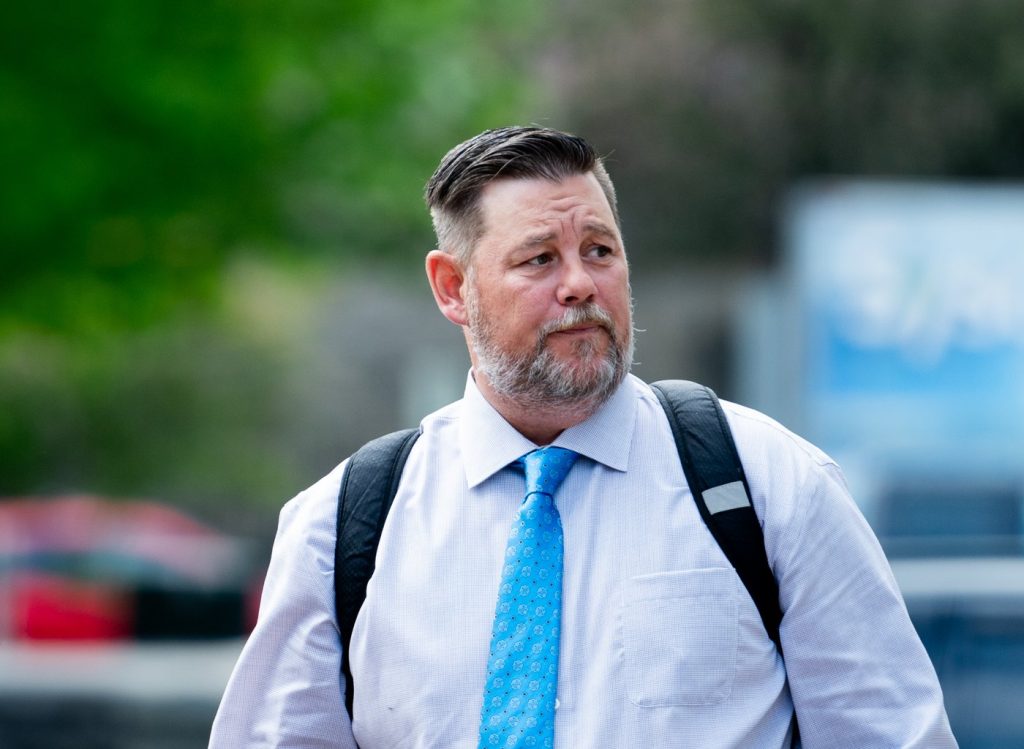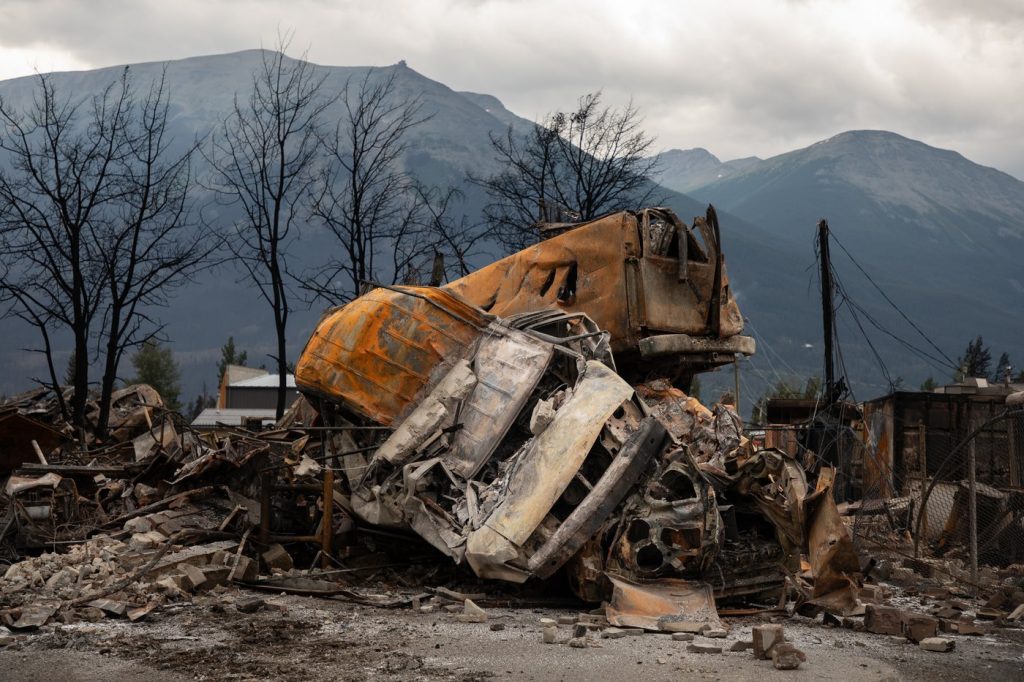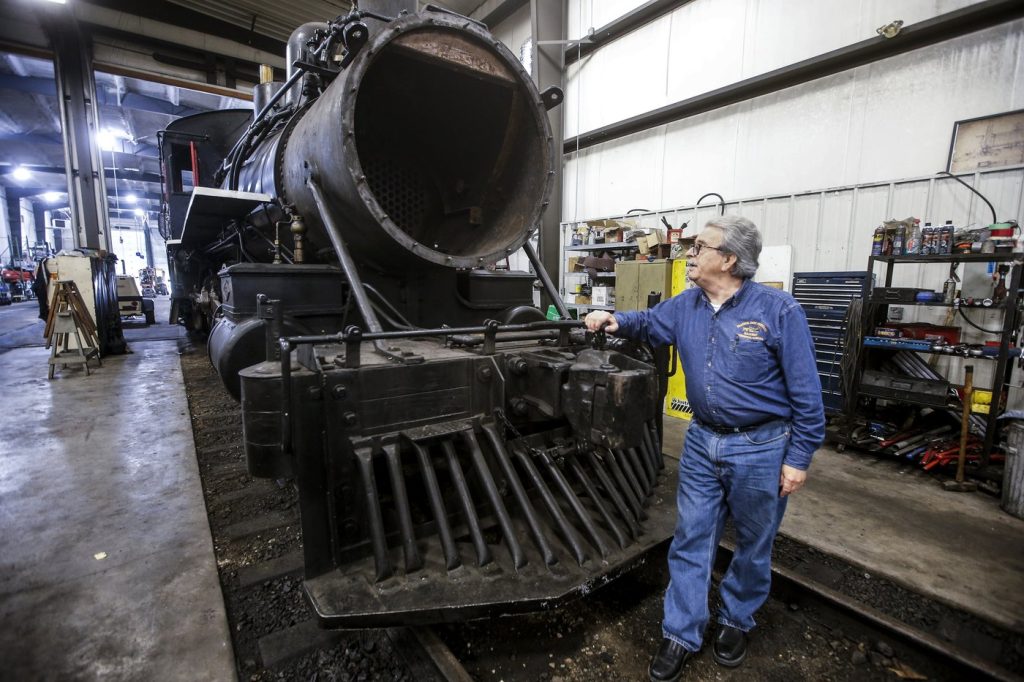Report indicates Canada has failed to provide clean drinking water to First Nations
Posted Jan 13, 2023 12:40:00 PM.
A new human rights report released this week highlights Canada’s failures to address long-standing abuses, including the failure to provide clean drinking water to First Nations.
The report published by the Human Rights Watch group outlines the lack of safe water access in indigenous communities across the country, despite the federal government’s promise in 2015 to end all drinking water advisories on First Nations reserves by 2021.
“Clean drinking water shouldn’t be an issue for anybody. Canada is one of the countries that have some of the cleanest drinking water, Canada is part of the G20, and it is shameful that this is still a thing,” said Kyle Mason, Indigenous advocate & speaker. “It’s unfortunate and embarrassing for Canada.”
According to data from the Indigenous Services Canada. As of Jan.5, 29 communities have long-term drinking advisories in effect.
Mason says the federal government has allowed this to happen for decades.
“It should not have to be a concern for so many people that have to worry about if their water is safe. A kid should be able to go to the tap and turn on a glass of water and have a drink a water.”
Indigenous advocate Darryle Schweder has experienced this problem firsthand, growing up and living in Shamattawa First Nation, about 750km Northeast of Winnipeg.
“It’s frustrating. People are feeling ill when they drink the water. There are skin conditions that occur, especially out there in the younger population,” said Darryle Schweder, Indigenous advocate, Shamattawa First Nation.
Schweder says members in his community had an emergency meeting Thursday, discussing the current water situation in Shamattawa. He says communities like his continue to sound the alarm but are constantly ignored.
“We have no adequate services. It’s not just water, the quality of water, but everything. We are facing neglect. We are left to fend for ourselves. It’s frustrating.”
Pediatric Respirologist Dr. Tom Kovesi says beyond clean water, clean air is also a problem.
In a study of four isolated First Nations communities in Northern Ontario he found 85 per cent of the homes he sampled lacked proper ventilation.
“The proportion of houses that need major repairs, overcrowding is a problem, problems with ventilation, problems with excess mold growth and bacteria are all serious issues. It’s frustrating because these issues are being addressed so slowly,” explained Dr. Tom Kovesi, pediatric respirologist and professor at the University of Ottawa.
Kovesi says all these issues need to be made a national priority because conducting studies and filing reports don’t appear to be changing anything. Mason agrees.
“If Thunder Bay, or Winnipeg, Calgary, or even Moncton didn’t have clean drinking water, people would be expecting for that problem to be solved really quickly.”








